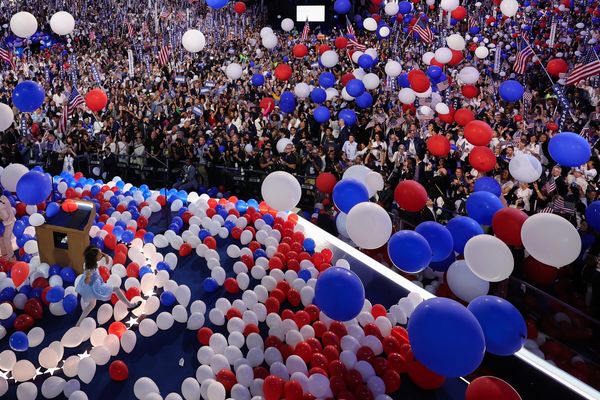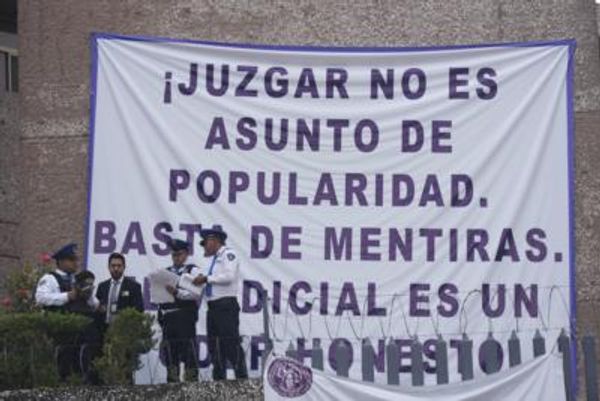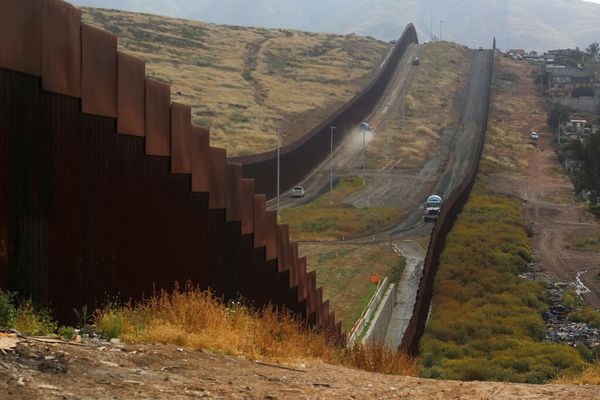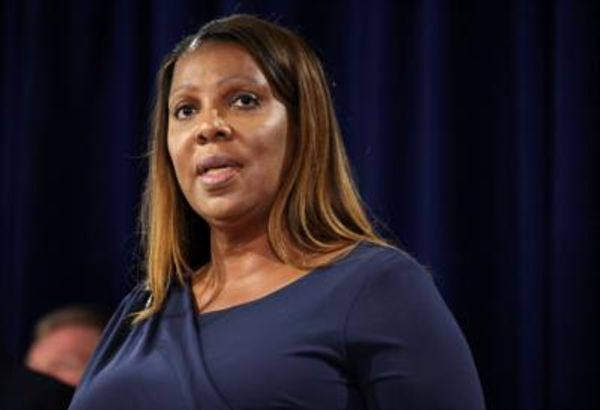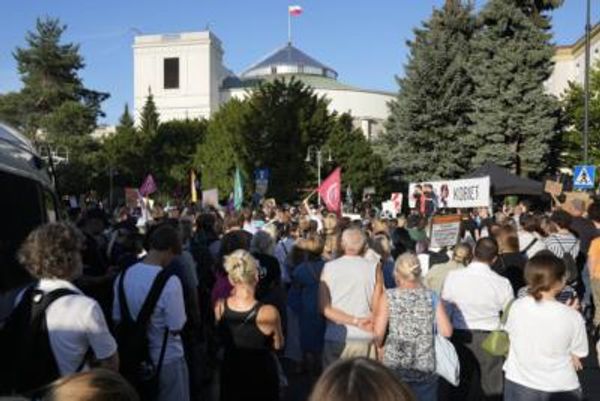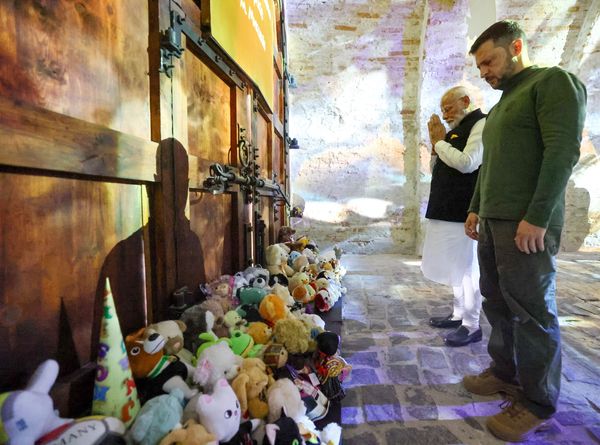
Long before the triumph of Live Aid in 1985 there was the Concert for Bangladesh. Comparatively modest in scope, the historic August 1971 concerts marked perhaps George Harrison’s finest moment, a paradigm shift in which rock music — that bastion of counterculture and rebellion — rallied around a humanitarian cause.
For the first time in our digital age, the Grammy Award-winning triple album "The Concert for Bangladesh" will be available on streaming platforms across the globe, affording generations of listeners with the opportunity to enjoy the majesty of Harrison, Ravi Shankar and friends as they ushered in a new era in rock. At the time, Harrison was riding high in the wake of the Beatles’ dissolution, having achieved a worldwide fame of his own on the wings of his "All Things Must Pass" LP and the blockbuster hit “My Sweet Lord.”
The crisis that served as the concerts' catalyst came to Harrison’s attention via Shankar, the famed Indian classical musician and the guitarist’s most esteemed mentor. While working with Harrison on the soundtrack for "Raga," Shankar related his distress over the news out of Bangladesh, where more than seven million refugees had been devastated by cyclones, torrential rains and a resulting cholera epidemic. Meanwhile, more than 250,000 Bengalis had been slaughtered at the hands of the Pakistani army, resulting in a humanitarian disaster of epic proportions. “I was in a very sad mood,” Shankar recalled, “having read all this news, and I said, ‘George, this is the situation. I know it doesn’t concern you, I know you can’t possibly identify.’ But while I talked to George he was deeply moved,” (Nicholas Schaffner, "The Beatles Forever").
Resolved to use his celebrity to bring some measure of relief to the Bangladeshis, Harrison spent some six weeks assembling a supergroup of musicians to perform a pair of benefit concerts that August at New York City’s Madison Square Garden. The event was billed as “George Harrison and Friends,” with special guests including Ringo Starr, Shankar, Bob Dylan, Eric Clapton, Billy Preston, Leon Russell and Badfinger.
Given the buzz that accompanied the events’ origins, the Concert for Bangladesh sold out quickly, leaving many fans heartbroken that they weren’t able to score tickets. In those early post-Beatles days, rumors abounded about a possible Beatles reunion, although John Lennon and Paul McCartney declined to participate — Lennon because of his self-described “paranoia” and McCartney because he couldn’t fathom participating in an event being promoted by the group’s notorious manager Allen Klein. But their absence hardly dampened the concerts' overarching goodwill.
Lucky ticket holders were treated to one classic song after another, with Harrison performing such Beatles classics as “Here Comes the Sun,” “Something” and “While My Guitar Gently Weeps,” and Dylan matching him tune for tune with “A Hard Rain’s a-Gonna Fall,” “Blowin’ in the Wind” and “Mr. Tambourine Man.” Harrison was awed by his fellow rockers’ generosity of spirit, later observing that “the musicians were great. I mean they completely put down their own egos to play together and to do something because the whole vibe of that concert was that it was something bigger than the lot of us.”
The two groundbreaking concerts, followed by a chart-topping album and documentary release, focused much-needed global attention on the crisis in Bangladesh. While the concerts themselves netted $250,000 in relief funds, by the 1980s, Harrison’s efforts had resulted in more than $12 million in UNICEF-administered aid. For rock music, a genre so often maligned for its eccentricity and excess, Harrison’s vision was truly a harbinger of greater things to come.
Stream / purchase The Concert for Bangladesh"here. All net proceeds (after taxes), will be donated to the George Harrison Fund for UNICEF at the U.S. Fund for UNICEF. For more information visit www.georgeharrisonfundforunicef.org. The U.S. Fund for UNICEF does not endorse any brand or product.
